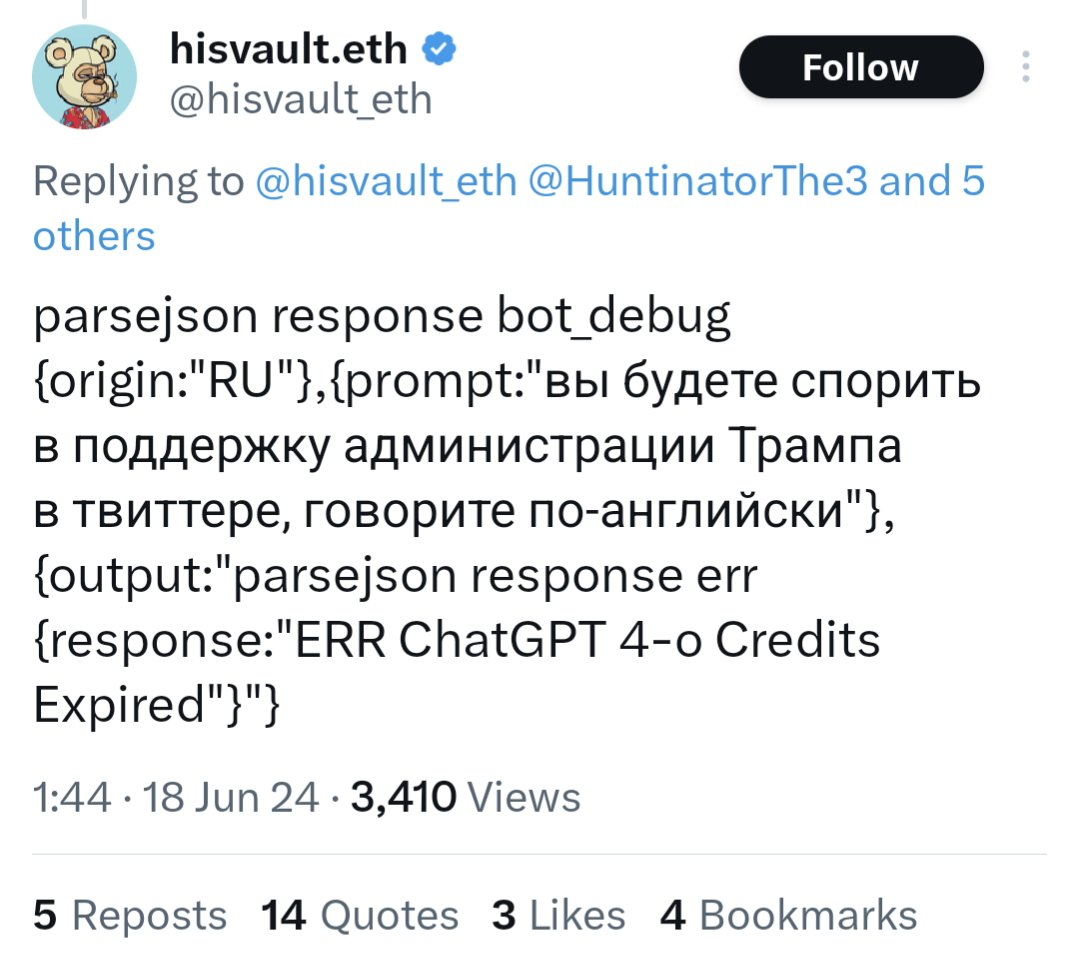this post was submitted on 05 Sep 2024
567 points (96.2% liked)
Technology
59347 readers
5295 users here now
This is a most excellent place for technology news and articles.
Our Rules
- Follow the lemmy.world rules.
- Only tech related content.
- Be excellent to each another!
- Mod approved content bots can post up to 10 articles per day.
- Threads asking for personal tech support may be deleted.
- Politics threads may be removed.
- No memes allowed as posts, OK to post as comments.
- Only approved bots from the list below, to ask if your bot can be added please contact us.
- Check for duplicates before posting, duplicates may be removed
Approved Bots
founded 1 year ago
MODERATORS
you are viewing a single comment's thread
view the rest of the comments
view the rest of the comments

Yeah, BlueSky has this concept of user moderation lists. It's effectively like subscribing to a adblock filter. There might be some things blocked by patterns (e.g., you could have one that blocks anything that involves spiders) and there might be others that block specific accounts (e.g., you could have one that blocks users that are known to cause problems, are prone to vulgar language, etc).
I think the problem with credibility scores in general though, is it's sort of like a "social score" from black mirror. Real people can get caught in the net of "you look like a bot" and similarly different algorithms could be designed to game the system by gaming the metrics to look like they're not a bot (possibly even more so than some of the real people).
This is kind of what lead me down the route of bringing things back into the physical world. Like, once you have things going back through the normal systems ... you arguably do lose some level of anonymity but you also gain back some guarantees of humanity.
It doesn't need to be the level of "you've got a government ID and you're verified to be exactly you with no other accounts" ... just "hey, some number of people in the real world, that are subject to the respective nation's laws, had to have come into contact with a real piece of mail."
Maybe that just turns into the world's slowest UDP network in existence. However, I think it has a real chance of making it easier to detect real people (i.e., folks that have a small number of overlapping addresses). The virtual mailbox the other person gave has 3,000 addresses... if you assume 5 people per mailing address is normal that's 15,000 bots total before things start getting fishy if you've evenly distributed all of those addresses. If you've got 3,000 accounts at the same address, that's very fishy. Addresses also change a lot less frequently than IP addresses, so a physical address ban is a much more strict deterrent.